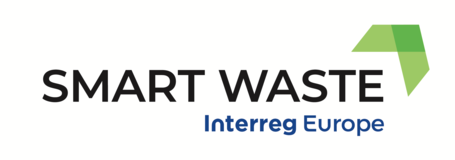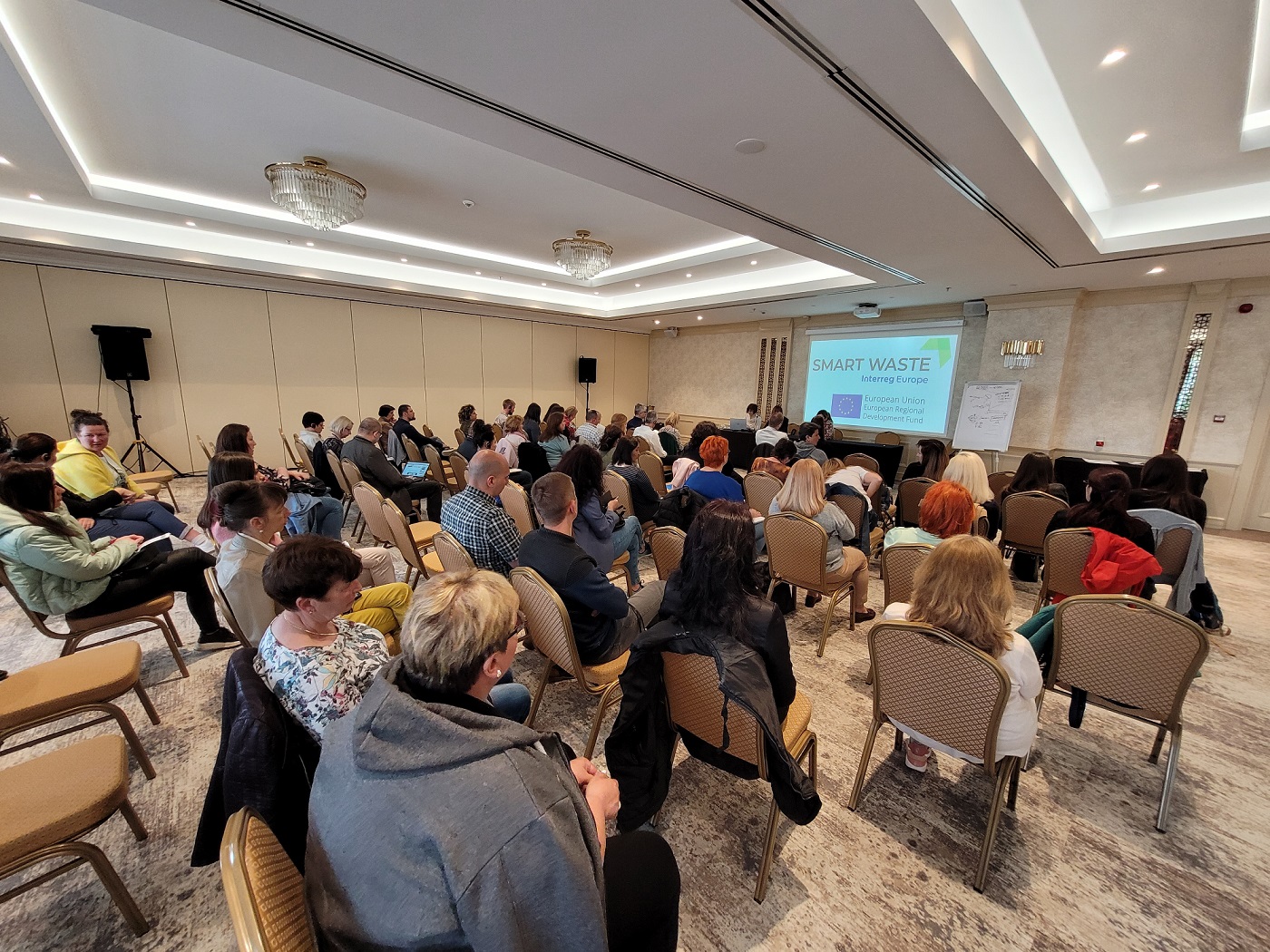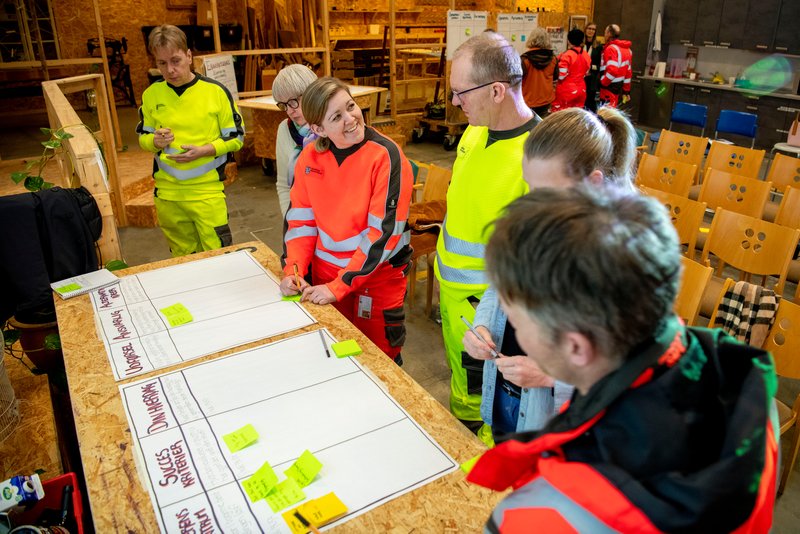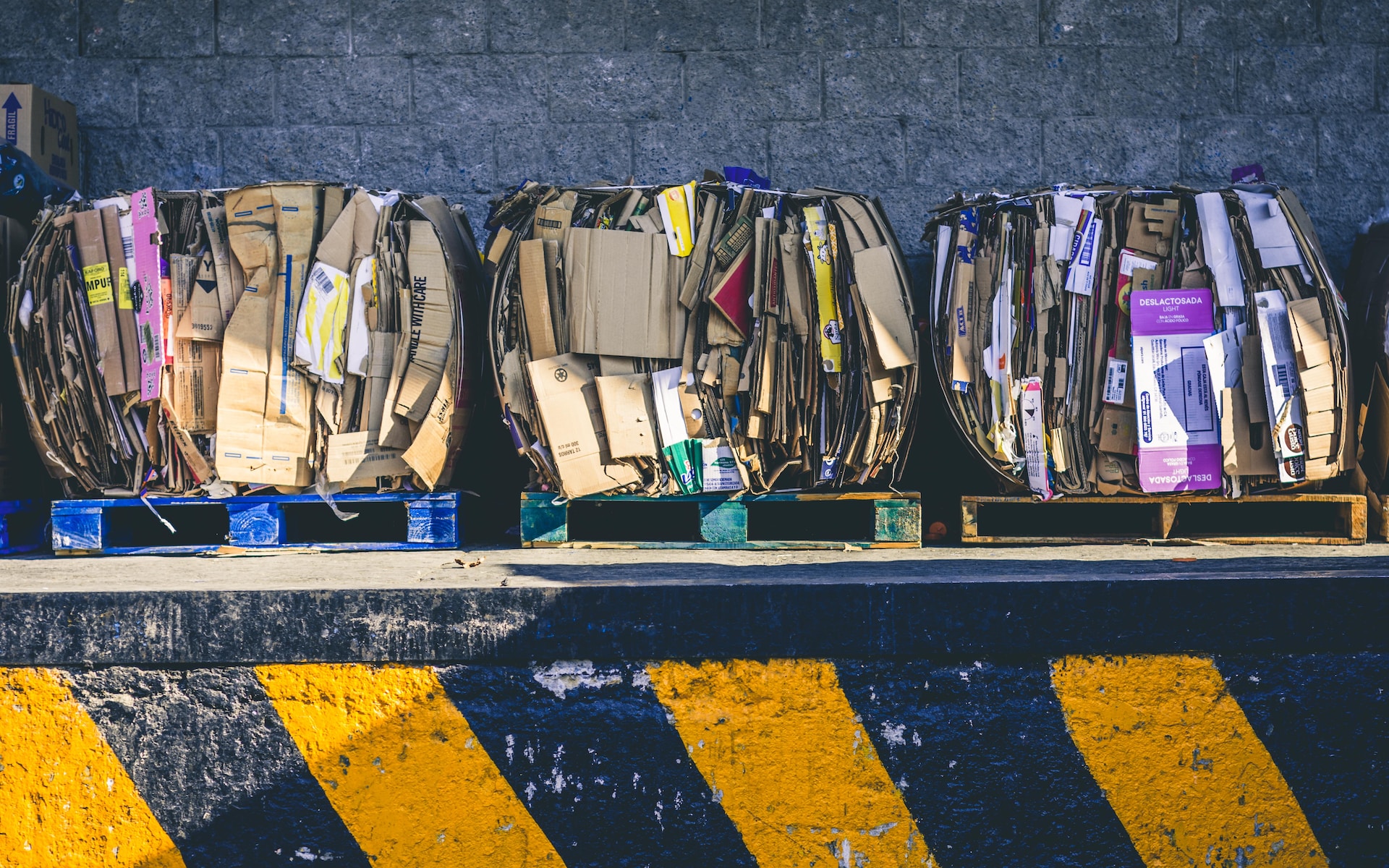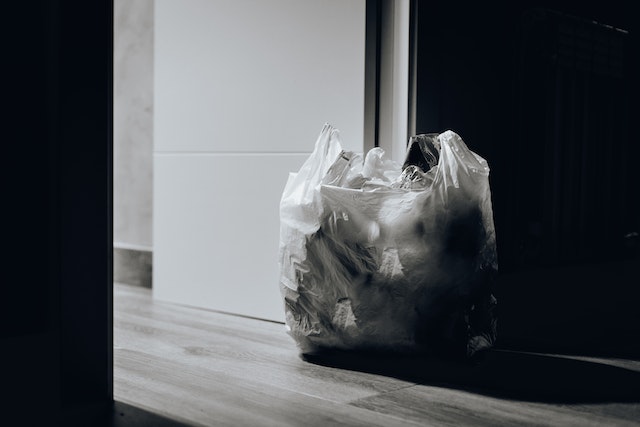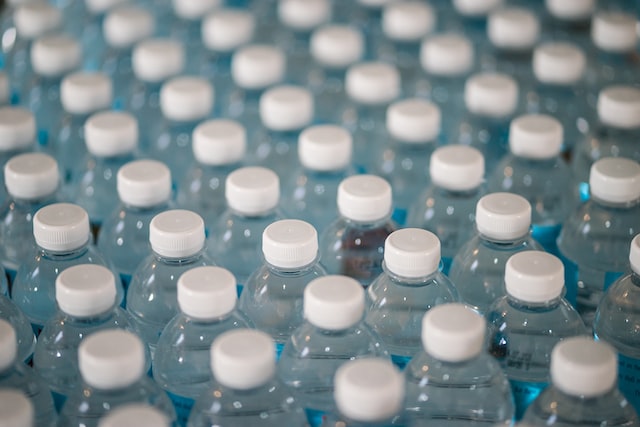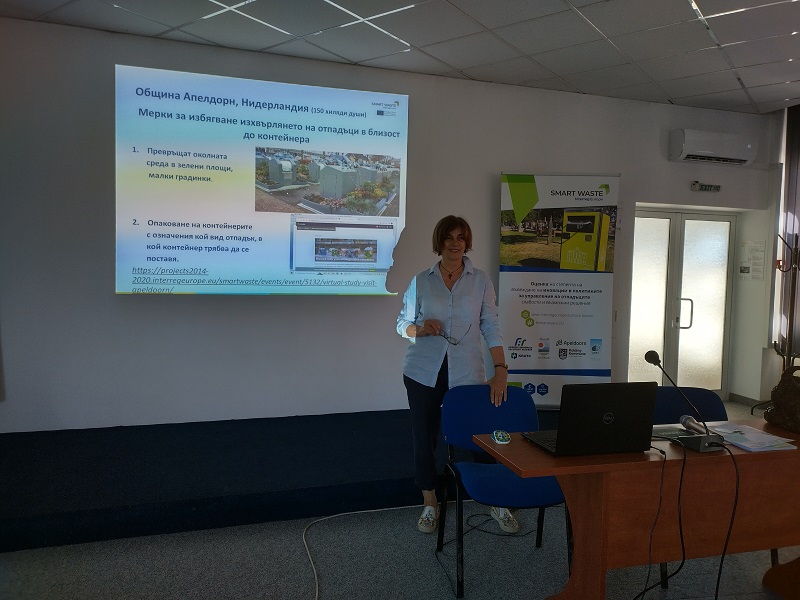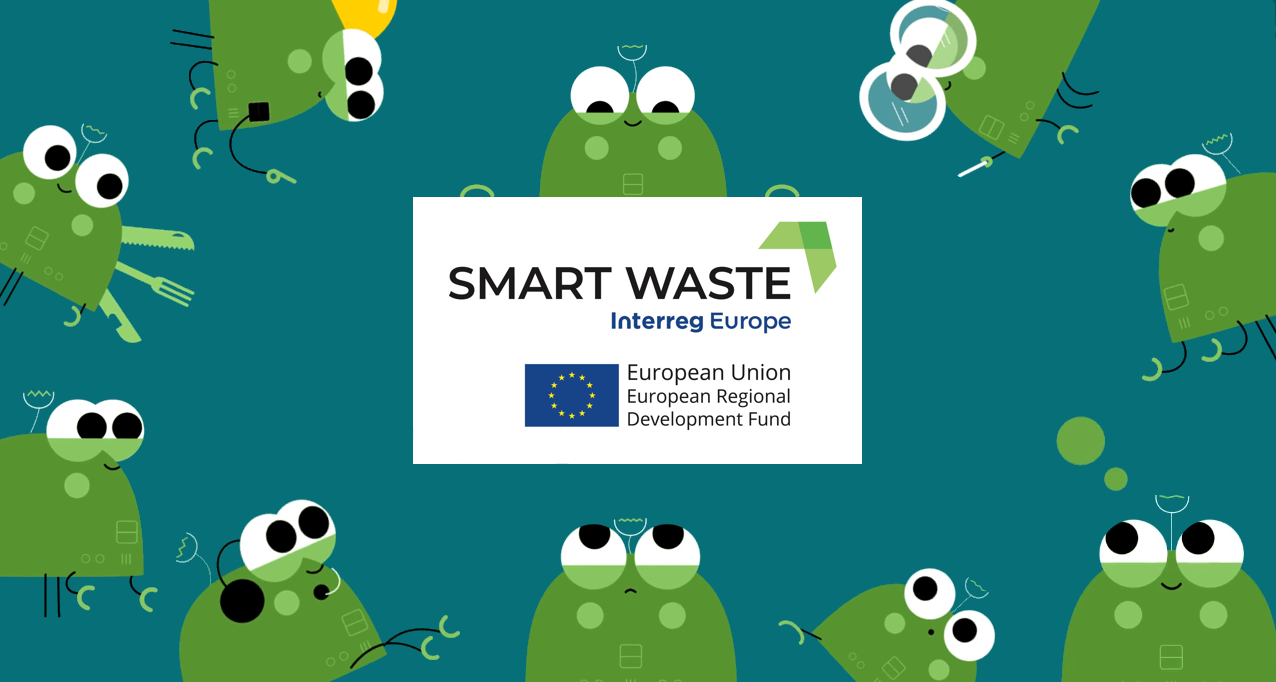A part of the plastics problem is textiles made from synthetic fibres such as polyester and nylon. According to a European Environment Agency briefing which looks at plastics in textiles, consumers in the EU discard about 5.8 million tonnes of textiles annually — around 11 kilograms per person — of which about two thirds consist of synthetic fibres. According to data available from 2017, European households consumed about 13 million tonnes of textile products (clothing, footwear and household textiles). Plastic-based textiles make up about 60 % of clothing and 70 % of household textiles. Promoting sustainable fibre choices and control of microplastic emissions, and improving separate collection, reuse and recycling, have the potential to improve the sustainability and circularity of synthetic textiles in a circular economy.
In Europe, about one third of textile waste is collected separately, and a large part is exported.
The Tuscany region, partner of SMART WASTE, has developed, over the years, relevant expertise in the field of textile waste recycling, as highlighted in a Good Practice identified by the project.
Source and more information: https://www.eea.europa.eu/themes/waste/resource-efficiency/plastic-in-textiles-towards-a
